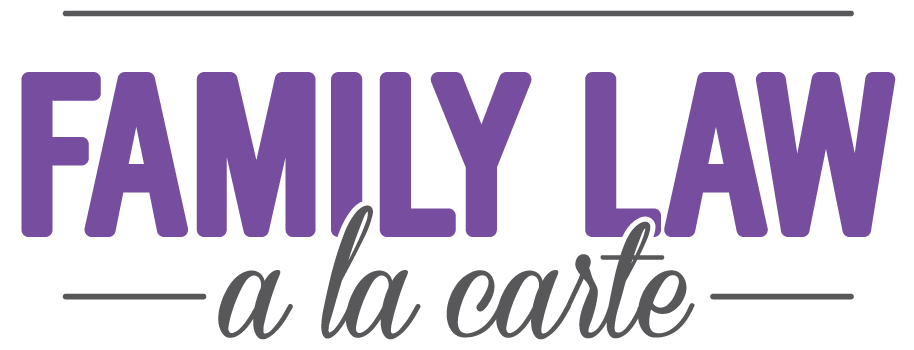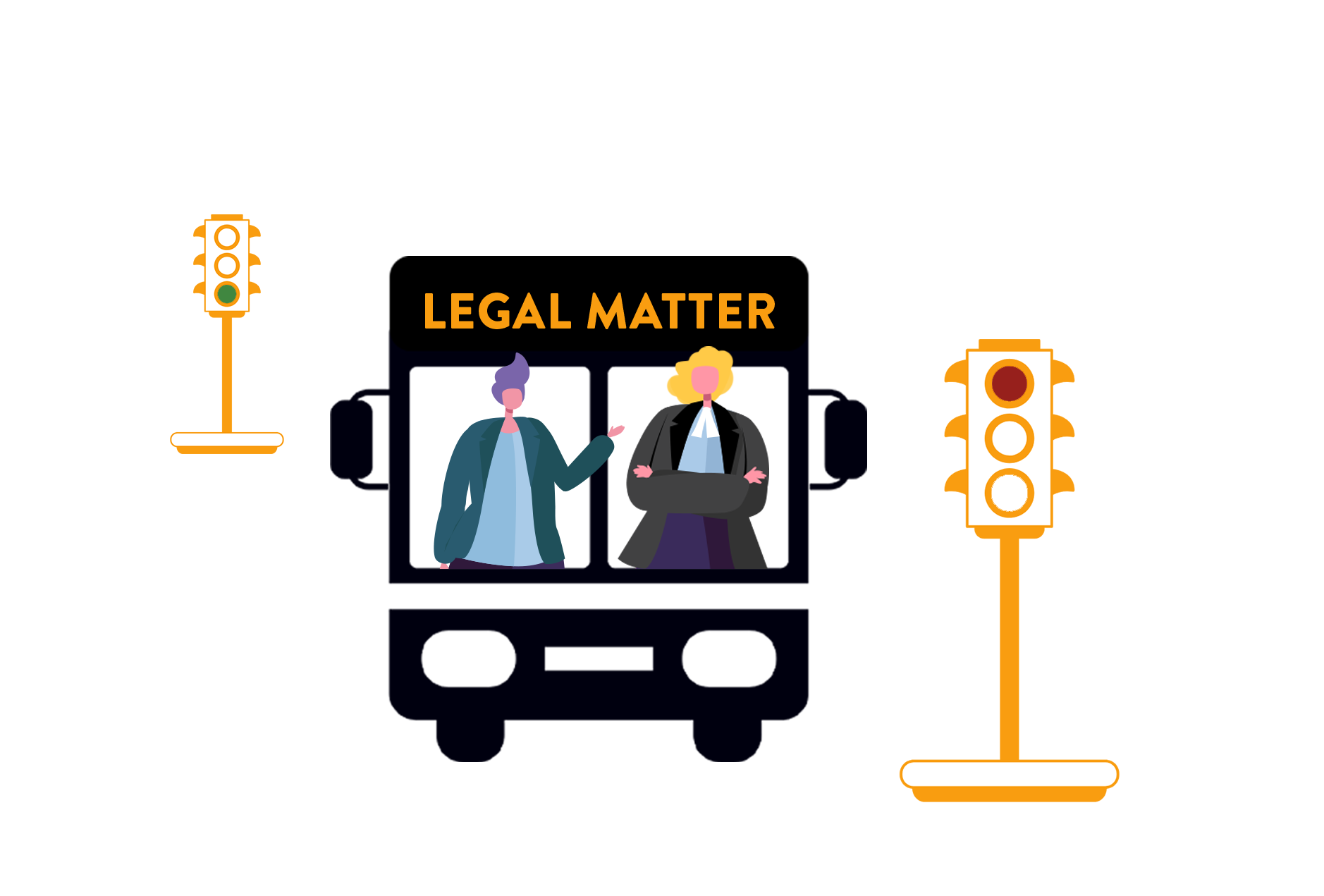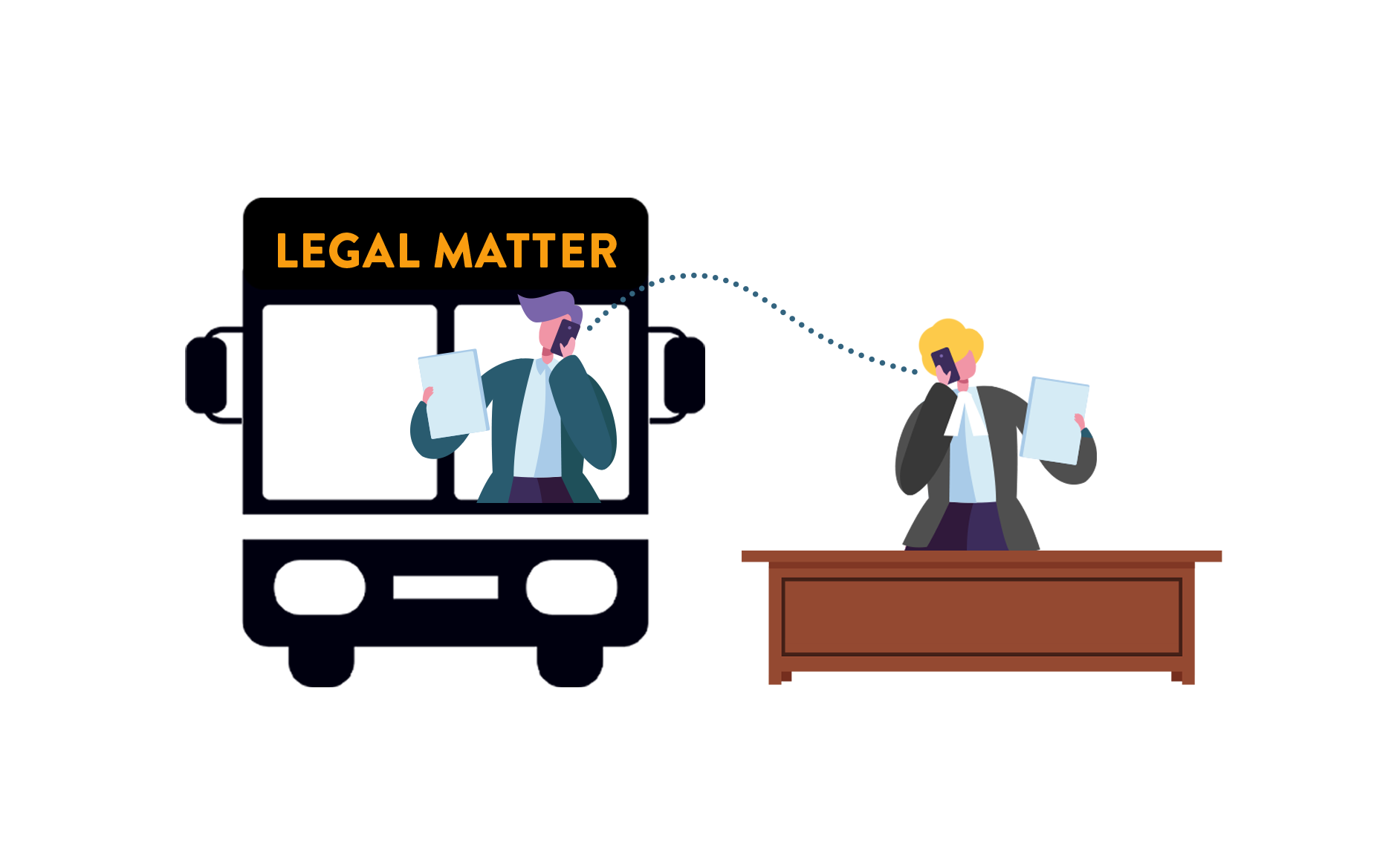“Issues are like tissues. You pull one out and another appears.”
– Gary Goldstein
Self-represented litigants simply do not do as well at trial as those who have legal support. Study after study confirms this. If your expectations of what trial is like come from A Few Good Men, Legally Blond, or My Cousin Vinnie, prepare to be shocked.
Trial is an intense, methodical, and detailed process with a thicket of rules. There are the legal issues to contend with and also the process issues. These can be overwhelming. How do you call a witness? How is expert evidence entered? What’s the difference in the kind of questions you ask ‘in chief’ vs in cross- examination? What are the rules of hearsay? What is hearsay? What goes into an opening statement? How is an opening statement different than closing submissions?
The truth is that very few family law cases actually go to trial. As a result, not all lawyers are knowledgeable about trial preparation and the conduct of a trial.
Getting help from a knowledgeable trial lawyer can mean all the difference. Causing the judge frustration by not understanding the rules or how do to things does not help your case. And be clear: the judge is not there to help you make your case.
You can hire a lawyer on a limited scope basis to represent you at the trial.
You can hire a lawyer on a legal coaching basis to help you understand the rules and the process. A lawyer acting in the role of legal coach can ensure you are as well prepared as possible.
Check back next week, ‘U’ is for …


